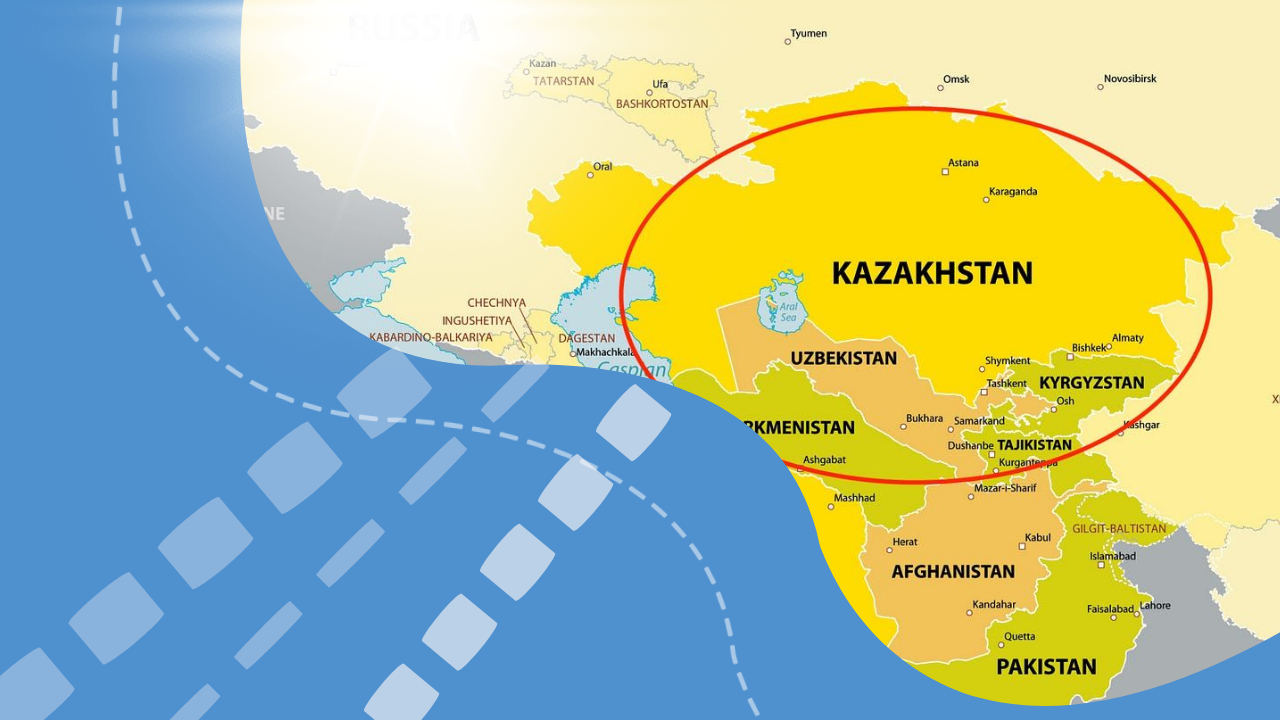In Kazakhstan, there is a proposal to declassify certain deposits of rare and rare earth metals, aiming to expedite the development of these valuable resources, according to inbusiness.kz. Experts predict that the demand for rare and rare earth metals, now crucial for many developed countries, will quadruple by 2040. Consequently, the active development of such deposits could significantly boost the nation’s economy.
Deputy Andrey Lukin, who suggested declassifying the deposits, stated that the next step towards successful exploitation could be simplifying the licensing process for exploring Kazakhstan’s subsoil and expanding the areas for geological exploration. Additionally, Mr. Lukin emphasized the need to implement technical and financial support mechanisms for both local and foreign investors, alongside improving environmental standards.
The World Bank reports that Kazakhstan possesses over 5000 unexplored sites with critically important rare metals, with an estimated value exceeding $46 trillion.

